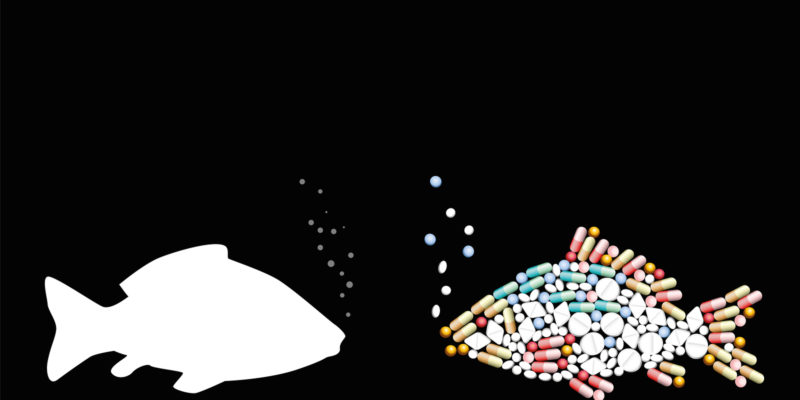The European Union (EU) wants to limit the amount of pollution caused by pharmaceutical waste that has been released into the environment.
According to an article in Chemistry World, the European Commission’s intention is to protect wildlife, air and water quality, as high levels of pharmaceuticals found outdoors are posing a risk to nature.
It stated that 90 per cent of pharmaceuticals found in the environment are the result of waste caused by people and animals, most frequently occurring in wastewater, manure, and sewage.
The European Commission’s report revealed growing evidence of this negative impact. This included the presence of endocrine-disrupting chemicals in waterways that are allegedly affecting fish reproduction.
Its plan to reduce this pollution included improving training and risk assessment; raising awareness of the problem and encouraging ‘prudent’ use of drugs; monitoring data; reducing emissions from manufacturing; giving incentives for ‘green design’; and limiting waste while, at the same time, improving treatment of wastewater.
Despite this, the news provider reported Andrew Johnson at the UK Centre for Ecology and Hydrology as saying: “We are aware that some pharmaceuticals, such as ethinylestradiol, can cause effects on individual organisms in the aquatic environment.”
However, he went on to say: “As far as the freshwater environment goes, we do not have evidence that these compounds are harming wildlife populations.”
The European Commission’s recommendations will not have an impact in the UK for much longer, as Britain is set to leave the EU on March 29th. However, with the deadline just days away, it is likely it will either be delayed or a ‘no deal Brexit’ will occur.
INews recently reported health secretary Matt Hancock as saying in this situation, getting medication from Europe would be prioritised over food.
For help with the repackaging of pharmaceutical products get in touch with us today.

